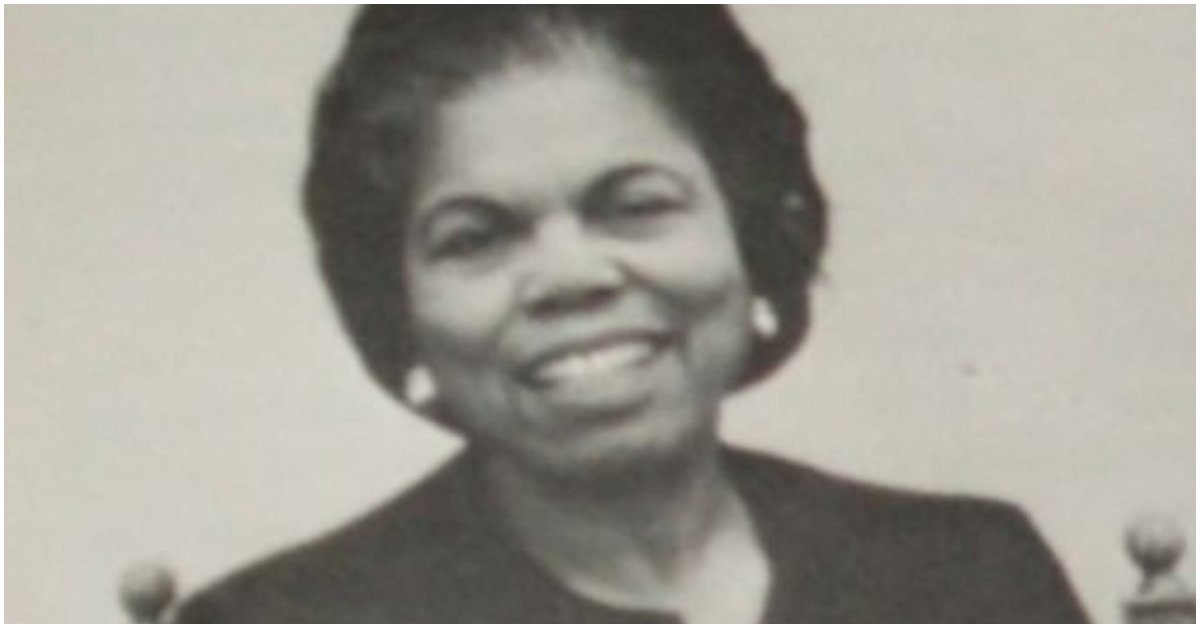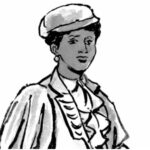Shattering Glass Ceilings in Healthcare
In a time when racial barriers prevented most African American women from holding top positions in their fields, Estelle Massey Osborne shattered glass ceilings, becoming the first Black nurse to earn a Master’s degree in nursing education.
Her trailblazing spirit and unwavering determination paved the way for generations of nurses of color to follow.
“Osborne defied a system built on racism to help provide quality healthcare for Black Americans,” says Prof. Sandy Cayo of NYU Meyers College.
A Pioneer from an Early Age
Born in 1901 in Palestine, Texas, Osborne’s pioneering spirit was evident from an early age. After graduating from Prairie View State Normal and Industrial College (now Prairie View A&M University), she briefly worked as a teacher before pursuing her passion for nursing.
In 1928, Osborne received the first scholarship awarded to a Black nurse by the Julius Rosenwald Fund, a pivotal moment that propelled her towards making history.
Breaking Down Racial Barriers
At a time when only 14 of the nation’s 1,300 nursing schools accepted Black applicants, Osborne’s determination knew no bounds.
After graduating from nursing school in St. Louis, she was accepted to Columbia University, where she became the first Black nurse to receive a Master’s degree in 1931, a significant milestone that would impact future generations of nurses.
“Osborne’s vision, fearlessness, and strength of character allowed her to be the first in so many arenas,” says Prof. Cayo.
A Lifetime of Advocacy and Service
Osborne’s accomplishments extended far beyond her academic achievements. She served as the president of the National Association of Colored Graduate Nurses from 1934 to 1939, increasing membership more than five-fold and forging strategic relations with White-exclusive nursing institutions to advocate for the acceptance of Black nurses.
In 1940, she became the first Black superintendent of nurses at the storied Homer G. Phillips Hospital in St. Louis, the largest exclusively Black, city-operated general hospital in the world.
Her influence was pivotal in convincing the U.S. Navy to lift its color ban in 1945, opening doors for Black nurses to serve in the military.
A Legacy That Inspires
Osborne’s impact on the nursing profession and the fight for racial equality in healthcare cannot be overstated. In 1959, the NYU Department of Nursing named her the “Nurse of the Year,” and in 1984, three years after her passing, she was inducted into the American Nurses Association Hall of Fame.
Today, her legacy lives on through scholarships established in her honor at NYU Meyers and the Nurses Educational Fund, inspiring future generations of nurses to follow in her footsteps and continue the fight for equality and excellence in healthcare.





